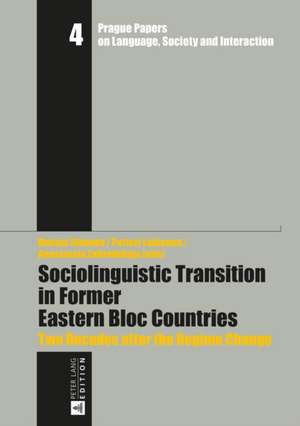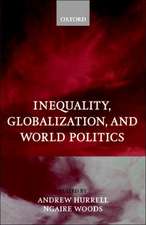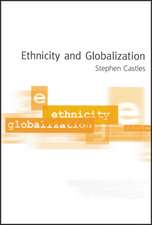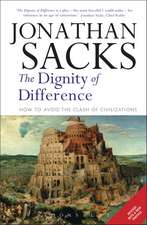Sociolinguistic Transition in Former Eastern Bloc Countries: Prague Papers on Language, Society and Interaction / Prager Arbeiten zur Sprache, Gesellschaft und Interaktion
en Limba Engleză Hardback – 13 iul 2016
Preț: 680.58 lei
Preț vechi: 932.31 lei
-27% Nou
Puncte Express: 1021
Preț estimativ în valută:
130.23€ • 136.33$ • 107.76£
130.23€ • 136.33$ • 107.76£
Carte tipărită la comandă
Livrare economică 07-21 aprilie
Preluare comenzi: 021 569.72.76
Specificații
ISBN-13: 9783631662724
ISBN-10: 3631662726
Pagini: 494
Dimensiuni: 215 x 157 x 36 mm
Greutate: 0.8 kg
Ediția:Nouă
Editura: Peter Lang Copyright AG
Seria Prague Papers on Language, Society and Interaction / Prager Arbeiten zur Sprache, Gesellschaft und Interaktion
ISBN-10: 3631662726
Pagini: 494
Dimensiuni: 215 x 157 x 36 mm
Greutate: 0.8 kg
Ediția:Nouă
Editura: Peter Lang Copyright AG
Seria Prague Papers on Language, Society and Interaction / Prager Arbeiten zur Sprache, Gesellschaft und Interaktion
Notă biografică
Marián Sloboda is Assistant Professor at the Department of Central European Studies, Charles University, Prague, Czech Republic.
Petteri Laihonen is Adjunct Professor at the Centre for Applied Language Studies, University of Jyväskylä, Finland.
Anastassia Zabrodskaja is Professor of Estonian as a Second Language at Tallinn University and Senior Research Fellow in Sociolinguistics at the University of Tartu, Estonia.
Descriere
This volume offers perspectives on the current sociolinguistic situations in former Eastern Bloc countries. Employing various methodological approaches, the authors analyse phenomena such as language choice, hierarchies and ideologies in multilingualism, language policies, minority languages, and the position of English in the region.


















